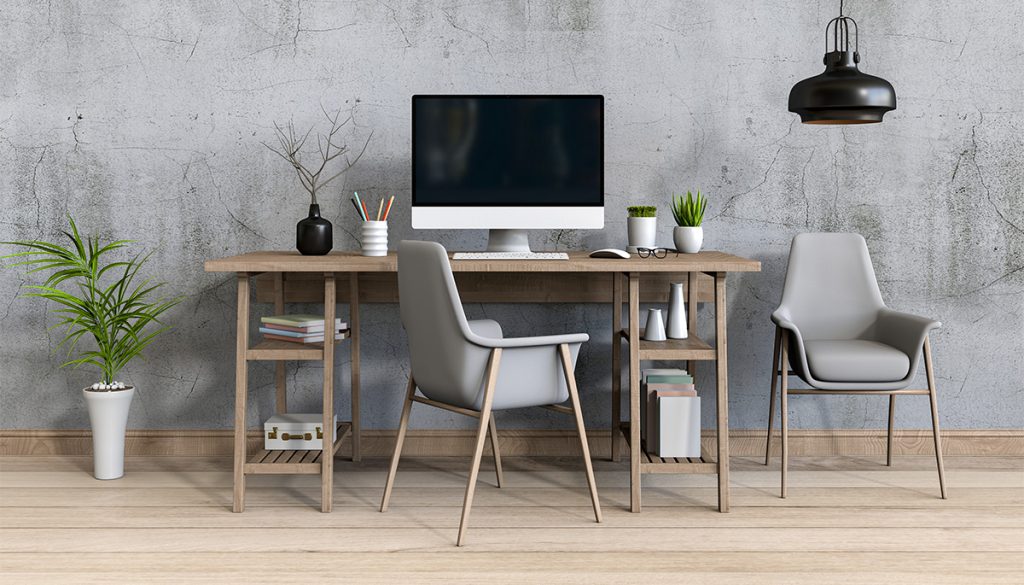Research from Roy Morgan found that in the first half of 2020, at the height of the COVID-19 pandemic shut down, 32 per cent of Australian workers were working from home. This equates to over 4.3 million people.
If you were one of them, it’s likely you:
- Set up a dedicated work area
- Were using your own electricity and resources to power your workday.
Which, if any, of these items can be claimed as deductions in your next tax return? Let’s find out.
Tax deductions available if you work from home
Home office expenses you may be able to claim include:
- electricity;
- cleaning costs for your dedicated work area;
- phone and internet expenses;
- computer consumables – such as printer paper and ink cartridges;
- stationery; and
- home office equipment – including computers, printers, phones, furniture, and furnishings.
The Australian Taxation Office (ATO) provides a complete list of the available deductions and how to calculate each on its website.
How to calculate your home office expenses
There are three methods employees can use to calculate their home office expenses:
- Shortcut method: 80 cents per work hour – only available from 1 March 2020 to 30 June 2021
- Fixed-rate method: 52 cents per work hour
- Actual cost method
Be careful with home office expenses
If you include home office expenses in your next tax return, ensure you calculate and apply your deductions correctly. For example, you can claim the full cost of home office equipment up to $300, but you need to claim the decline in value (depreciation) for any items that cost over $300.
Regardless of the method you use to calculate your expenses, you will need to have records. You’ll need to keep receipts for any purchases you’ve made and a record of relevant utilities and bills. You’ll also need to keep a timesheet, roster or diary that shows the hours you’ve worked from home.
If you can, keep your relevant records and receipts aside and updated throughout the year to save yourself a significant administrative workload at tax time.
It might be best to get professional help
With the range of deductions that may be available to you, plus the different calculation methods for home office expenses, having a registered tax professional prepare your tax return can be worth the investment. Quite often, your maximised refund will more than cover the cost of having a professional prepare your return.
If you’re unsure about the home office deductions you’re entitled to, contact an accountant or qualified financial professional for advice.
More like this
 If you like this article, you might be interested to know that we share useful thoughts and information like this in our monthly financial insights email. You can subscribe to that email here. All subscribers receive a copy of our e-book: The 5 Key Pillars of Financial Independence.
If you like this article, you might be interested to know that we share useful thoughts and information like this in our monthly financial insights email. You can subscribe to that email here. All subscribers receive a copy of our e-book: The 5 Key Pillars of Financial Independence.
General Advice Disclaimer
This article contains general advice only, which has been prepared without taking into account the objectives, financial situation or needs of any person. You should, therefore, consider the appropriateness of the information in light of your own objectives, financial situation or needs and read all relevant Product Disclosure Statements before acting on the information. Whilst every care has been taken to ensure the accuracy of the material, Paradigm Strategic Planning or Sentry Advice Pty Ltd will not bear responsibility or liability for any action taken by any person, persons or organisation on the purported basis of information contained herein. Without limiting the generality of the foregoing, no person, persons or organisation should invest monies or take action on reliance of the material contained herein but instead should satisfy themselves independently of the appropriateness of such action.
Paradigm Strategic Planning Pty Ltd is an Authorised Representative of Sentry Advice Pty Ltd AFSL 227748
